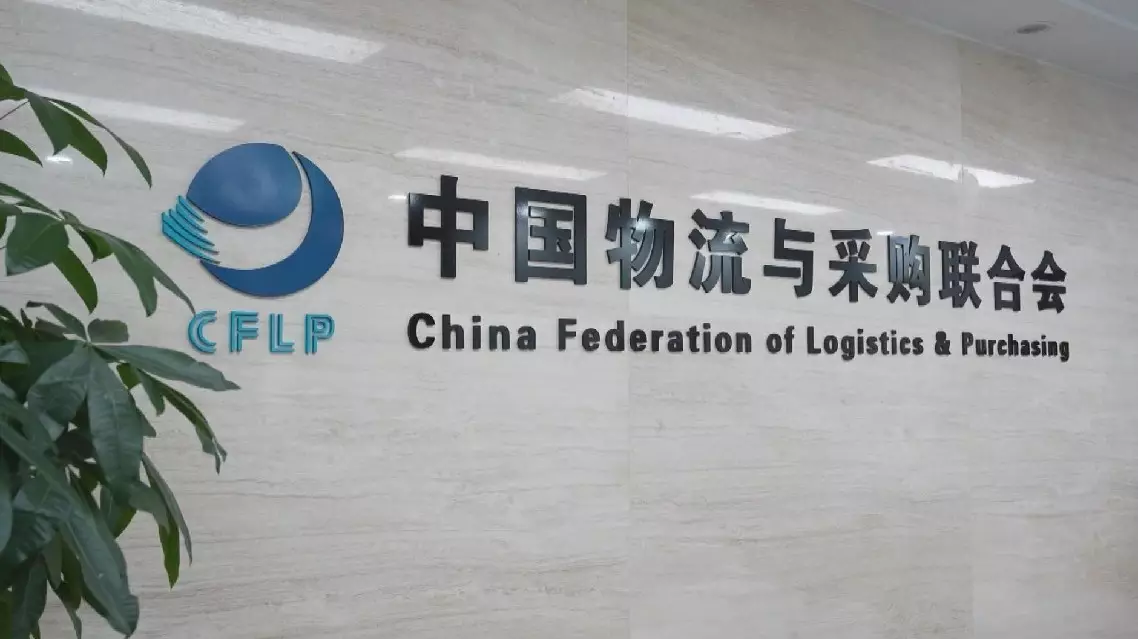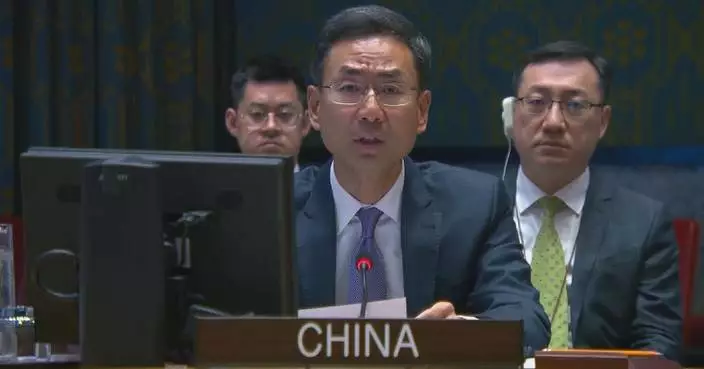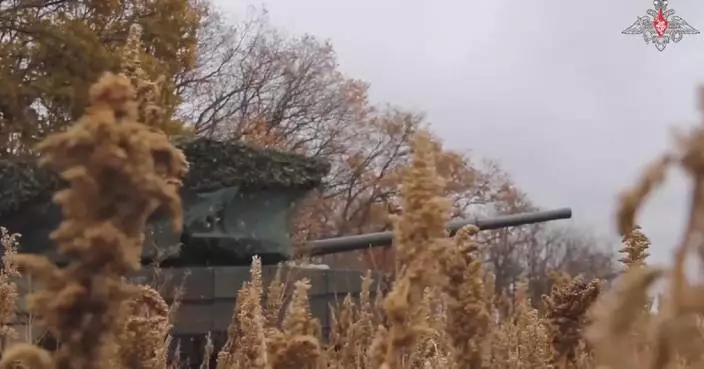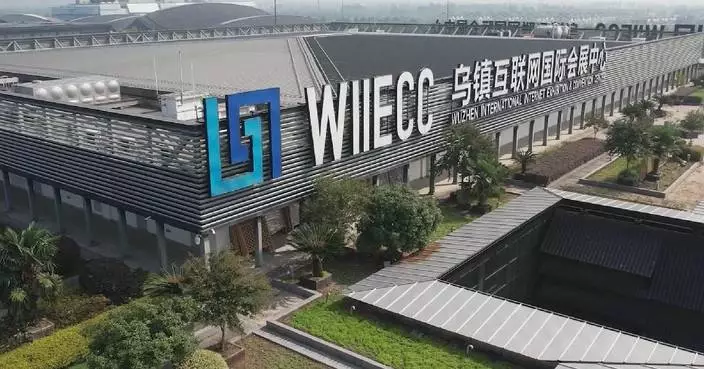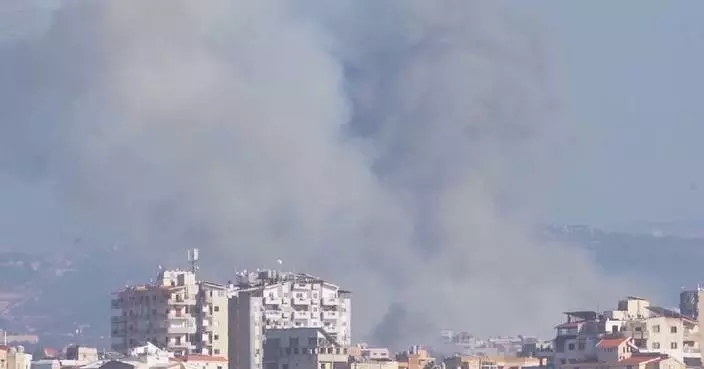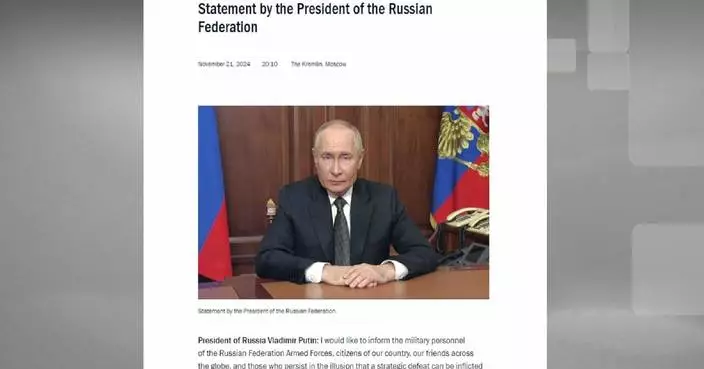Japanese people on Thursday protested in front of the Tokyo-based Japan-U.S. Security Consultative Committee, demanding that the Japanese government and the U.S. military stationed in Japan take immediate and concrete measures to completely solve the pollution issue associated with the U.S. military bases in the country.
One day earlier, Marcos Orellana, the United Nations (UN) Special Rapporteur on toxics and human rights had just concluded his investigation into the pollution issue in Okinawa Prefecture.
Protesters said the water bodies near the U.S. military bases in Japan have been exposed to an excessive amount of perfluorinated compounds (PFAS), a carcinogenic chemical, and blood tests of the residents living nearby have been abnormal. However, the pollution problem has not been solved for many years, which is unacceptable.
"The place where I live is apparently affected by water pollution at the U.S. Yokota Air Base. Concerns about PFAS continue to increase. In places including Okinawa, Japanese government uses taxes to pay for pollution treatment. This approach is unacceptable. As I've just said, the waste from (the U.S. military) should be handled at their expense. This is the request that I want to make," said a protester.
Due to the existence of documents such as the U.S.-Japan Status of Forces Agreement, according to the protesters, it is difficult for the Japanese government to enter U.S. military bases in Japan to conduct investigations, resulting in the delay in solving the problem of PFAS pollution.
"Although we are now very concerned about the problem of PFAS pollution, the U.S. military stationed in Japan has extraterritoriality. We have no way of knowing exactly what was transported into the U.S. military bases in Japan. We don't even know whether they brought weapons of mass destruction or drugs into the bases, nor who entered these bases," said another protester.
"I think the Japanese government must take action to solve the problem. The reason why Japanese government cannot clearly point out the problem is probably because they can't disobey the order of U.S. military. Although Japanese people have long time back raised the issue of pollution, the government cannot be tougher on the United States. I think this is really sad. I think we have to keep speaking out, it is the only way to push the Japanese government to take action," said another protester.
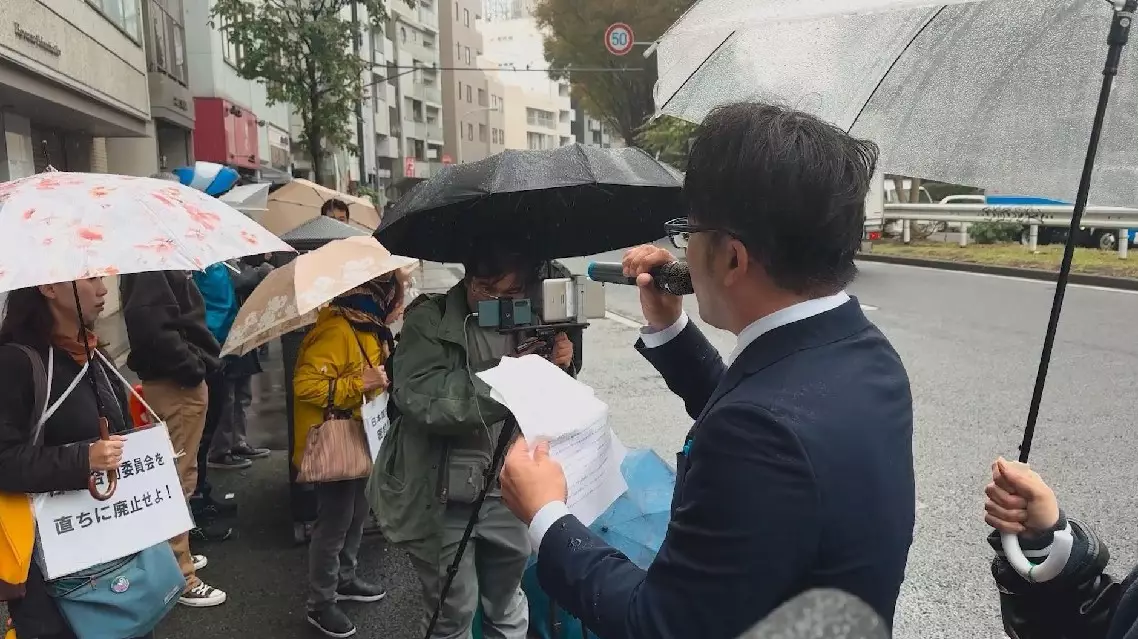
Japanese rally in Tokyo against US military bases' alleged water contamination


